Dentistry in Colombia
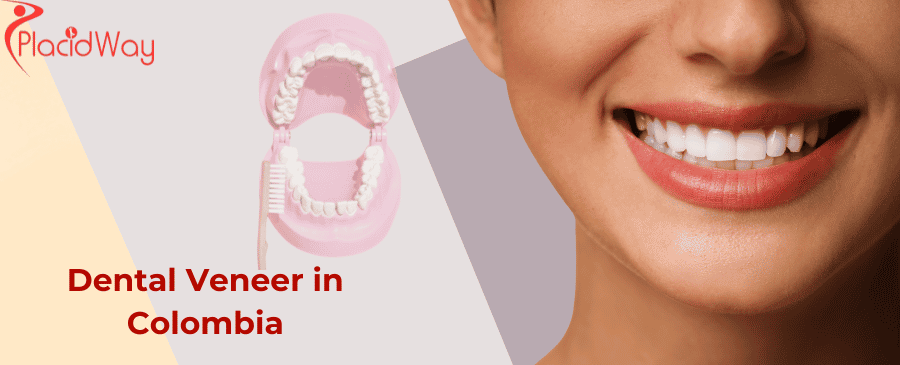
Colombia has rapidly emerged as a global hotspot for dental tourism, attracting thousands of international patients each year. The primary draw? High-quality dental veneers in Colombia at a fraction of the cost you would pay in the United States, Canada, or Europe. With potential savings of 60-80%, it's easy to see the appeal. But alongside the excitement of an affordable smile makeover comes a crucial question: is it actually safe?
The answer is a resounding yes, but with a very important condition: your safety and the quality of your results are directly linked to the amount of research you do. Colombia's dental industry is home to world-class professionals and state-of-the-art facilities, particularly in major cities like Medellín, Bogotá, and Cali. Many dentists have received international training, and top clinics use the same premium materials and technology, like E.max porcelain and CAD/CAM systems, as the best clinics in the US. However, the quality can vary. A successful dental trip to Colombia requires you to be a proactive and informed patient. This guide will walk you through everything you need to know to safely navigate the process of getting dental veneers in Colombia, from understanding the country's healthcare regulations to vetting dentists and recognizing the hallmarks of a reputable clinic.
Why Has Colombia Become a Top Destination for Dental Veneers?
The rise of Colombia as a dental paradise isn't accidental. It's a combination of several compelling factors that create an almost unbeatable value proposition for international patients. The most significant factor is, of course, the cost. A full set of porcelain veneers that might cost $20,000-$30,000 in the U.S. can often be had for $4,000-$8,000 in Colombia.
This affordability is not due to cutting corners. Instead, it's a reflection of Colombia's overall lower cost of living and operational expenses (rent, staff salaries, lab fees). This allows clinics to invest in top-tier materials and technology while charging patients far less. Furthermore, Colombian culture places a high value on aesthetics, which has cultivated a large pool of exceptionally talented cosmetic dentists who view their work as a true art form. The government has also supported the growth of medical tourism, creating a competitive and professional environment.
Are Colombian Dental Clinics Regulated?
Understanding the regulatory landscape is key to feeling secure. In Colombia, several layers of oversight contribute to patient safety:
- Ministry of Health: All legitimate healthcare facilities, including dental clinics, must be licensed and are subject to regulation by the Colombian Ministry of Health, which sets standards for hygiene and patient care.
- INVIMA: The National Food and Drug Surveillance Institute (INVIMA) is responsible for regulating medical devices, including all dental materials like porcelain blocks, bonding agents, and composite resins. This ensures the materials used meet safety and quality benchmarks.
- Dentist Licensing (ReTHUS): You can and should verify a dentist's license through the official ReTHUS (Registro Único Nacional del Talento Humano en Salud) online database. This confirms they have completed the required education and are legally authorized to practice.
While these national regulations provide a strong foundation, international accreditations like those from the ISO (International Organization for Standardization) or JCI (Joint Commission International) are voluntary. A clinic holding these certifications demonstrates an extra commitment to global standards, but their absence doesn't automatically mean a clinic is unsafe.
How to Identify a Safe and Reputable Dental Clinic
Your most important task is to vet potential clinics thoroughly. Here is a checklist of what to look for to ensure you're choosing one of the many excellent providers of dental veneers in Colombia:
- Verify the Dentist's Credentials: Look for a dentist who specializes in cosmetic dentistry or prosthodontics. Check their education, ask about their experience specifically with veneers, and verify their license on the ReTHUS platform.
- Scrutinize Reviews and Testimonials: Don't just look at the clinic's website. Search for reviews on independent platforms like Google, RealSelf, and dental tourism forums. Look for detailed reviews that discuss the entire experience, not just the final result. Be wary of clinics with only perfect, generic reviews.
- Examine Their Portfolio: A top cosmetic dentist is an artist. Study their before-and-after photos. Do the results look natural? Is there a variety of cases? Do the smiles fit the patients' faces, or do they all look the same? Pay attention to gum health and the subtle translucency of the veneers in their photos.
- Inquire About Materials and Technology: Ask specifically what brand of porcelain they use (e.g., E.max, Feldspathic). Do they have an in-house lab or use a reputable external one? Do they use modern technology like digital smile design and CAD/CAM milling? This technology not only improves results but also speeds up the process.
- Prioritize Clear Communication: Does the clinic have a dedicated, English-speaking international patient coordinator? They should be able to answer all your questions promptly and clearly. A video consultation before you book is an excellent way to gauge their professionalism and communication style.
What are the Potential Risks and How Can I Avoid Them?
While largely safe, getting veneers is not without risks, especially if performed by an inexperienced dentist. Some negative reviews from patients who traveled to Colombia highlight a few key issues to be aware of:
The Risk of "Chiclet Teeth": This refers to veneers that are too white, too bulky, or too opaque, looking like unnatural blocks. This is an aesthetic failure and is avoided by working with a dentist who has an artistic eye and uses high-translucency porcelain. Always be clear about your aesthetic goals and insist on seeing a mock-up or trying on temporary veneers first.
The Risk of Aggressive Tooth Preparation: Veneers require the removal of a thin layer of enamel (typically 0.3mm to 0.5mm). However, some dentists may aggressively file down teeth into pegs, which is actually a preparation for crowns, not veneers. This is destructive and unnecessary. Specifically ask the dentist about their tooth preparation philosophy. A good dentist's goal is always maximum tooth preservation.
The Risk of a Misaligned Bite: Your new smile must be functional. If the veneers interfere with your natural bite, it can lead to pain, jaw problems (TMJ issues), and chipping or breaking of the veneers themselves. A top-tier clinic will use digital technology to analyze your bite and ensure the final restorations are in perfect harmony.
Porcelain vs. Composite Veneers: Which is Safer and Better in Colombia?
When you go to Colombia, you'll be presented with two main options. Understanding the difference is crucial for your long-term dental health.
Which Colombian City is Best for Dental Veneers?
You will find excellent dental care in several Colombian cities. The "best" city for you may depend on personal travel preferences.
- Medellín: Often called the "City of Eternal Spring," Medellín is renowned for its modern infrastructure, pleasant climate, and innovative healthcare sector. The El Poblado neighborhood is home to many of the country's most advanced and popular dental clinics catering to foreigners.
- Bogotá: As the nation's capital, Bogotá is a bustling metropolis with a large number of highly skilled professionals and world-class dental facilities. It offers extensive connections for international travel and a wide range of cultural activities.
- Cali: Known as the "Salsa Capital of the World," Cali is also a growing powerhouse in cosmetic and medical tourism. It offers a vibrant atmosphere combined with reputable specialists providing high-quality dental care.
Your choice of city is secondary to your choice of clinic. Find the right dentist first, and then plan your travel to their location.
Getting dental veneers in Colombia is a safe and viable option for achieving a stunning smile at an affordable price. By investing time in research, asking the right questions, and choosing a clinic with a proven track record, you can ensure your dental tourism journey is both safe and successful.
Ready to connect with trusted and vetted dental professionals in Colombia? Explore PlacidWay to find top-rated clinics, review patient testimonials, and get personalized quotes for your smile makeover journey.


.png)
.png)
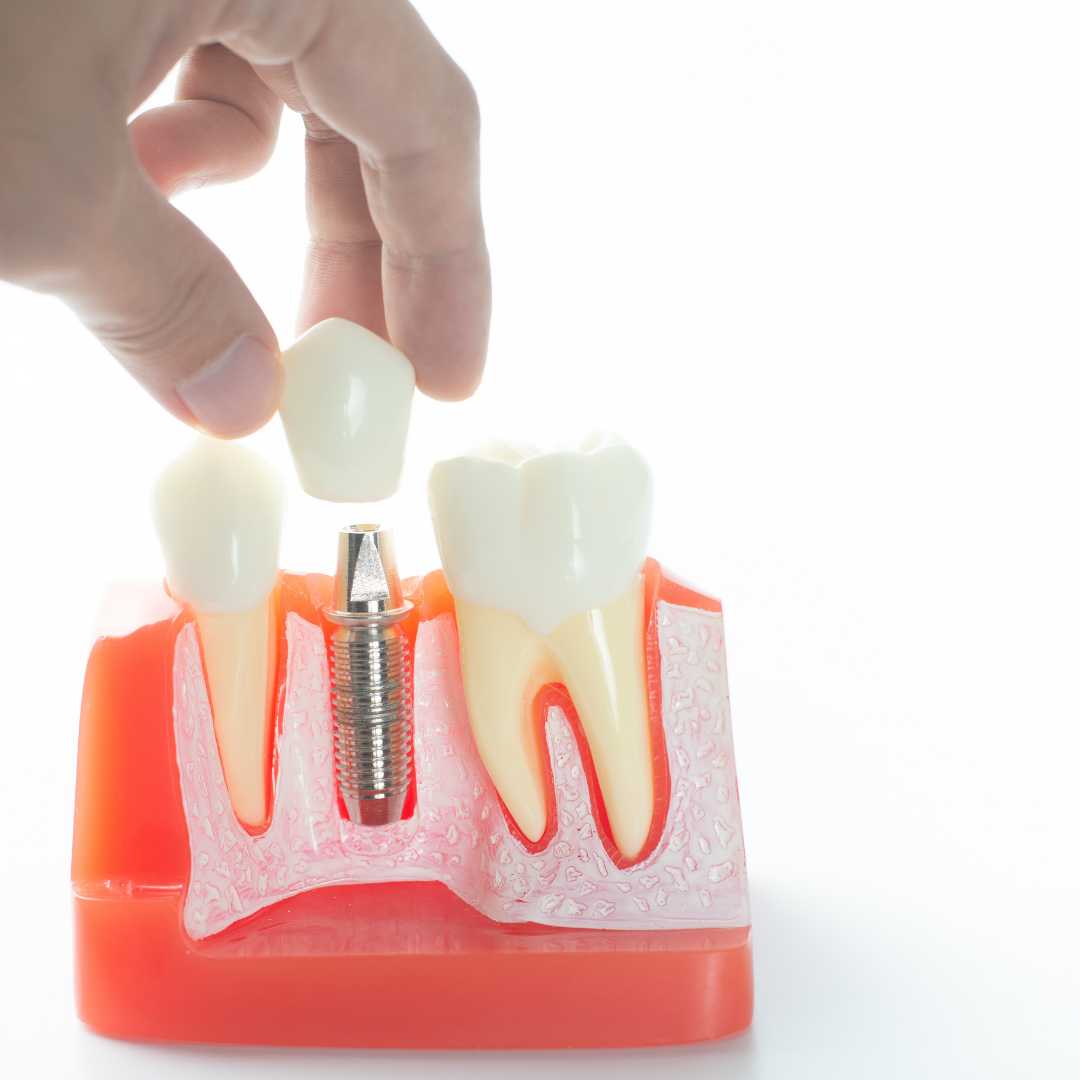

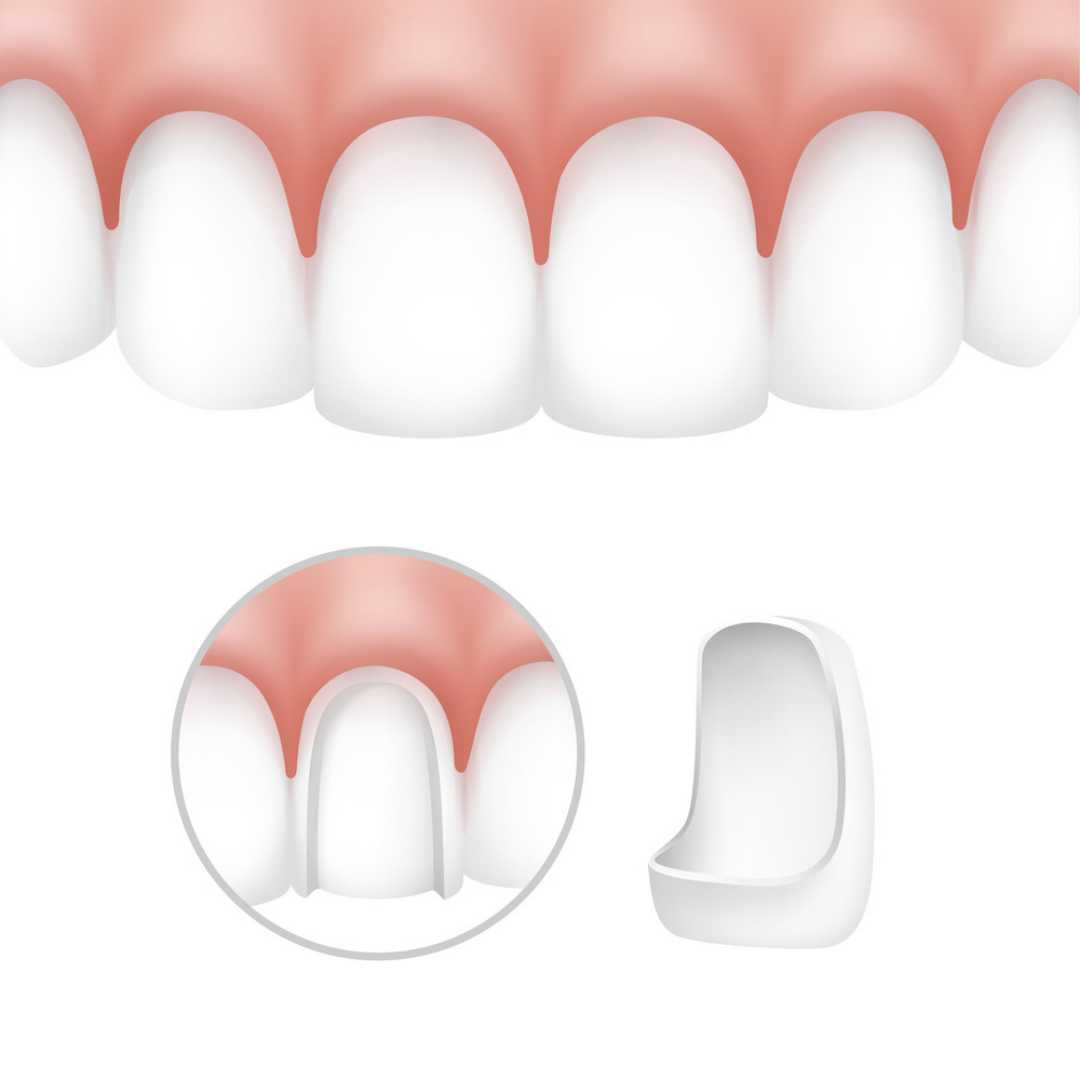
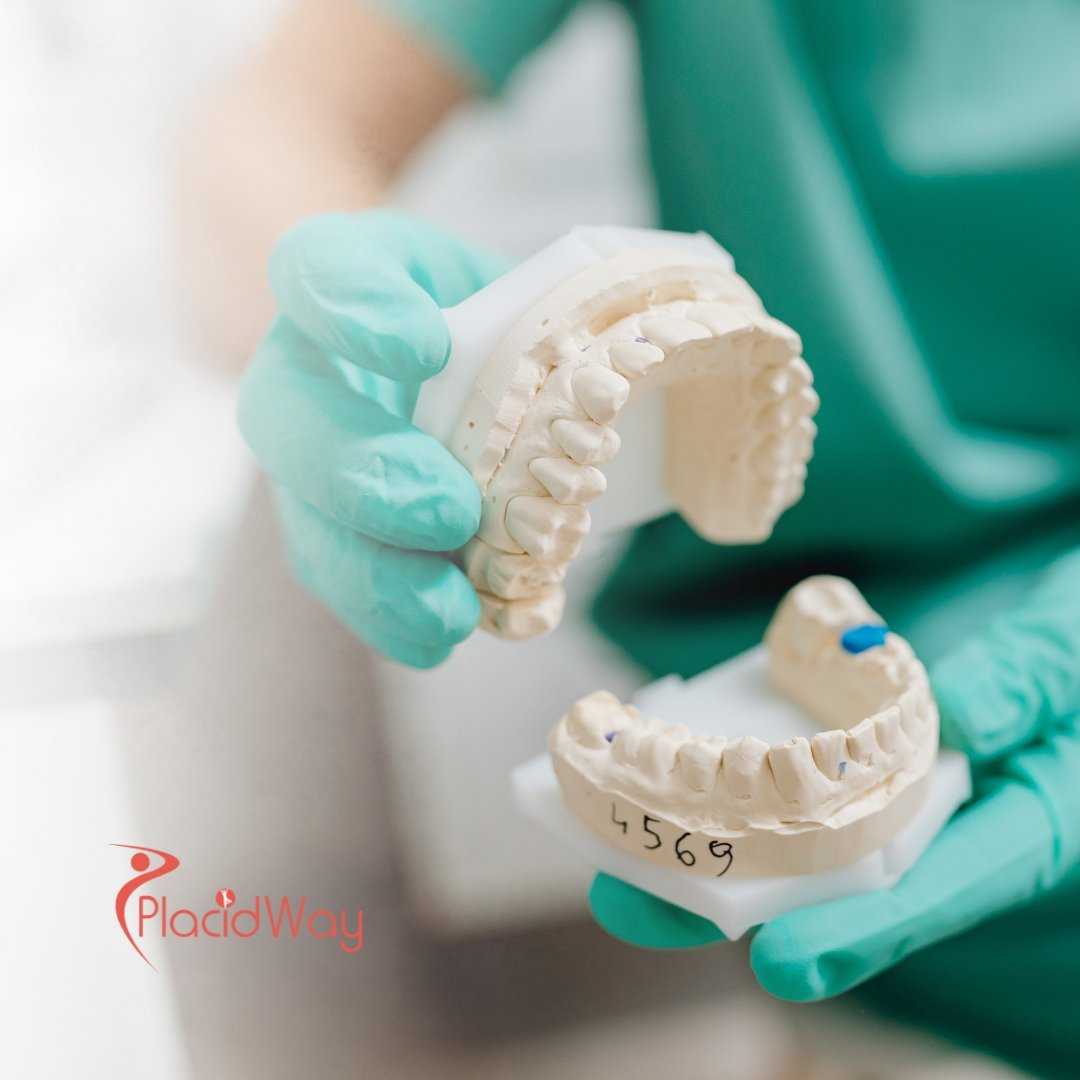
.png)

.png)
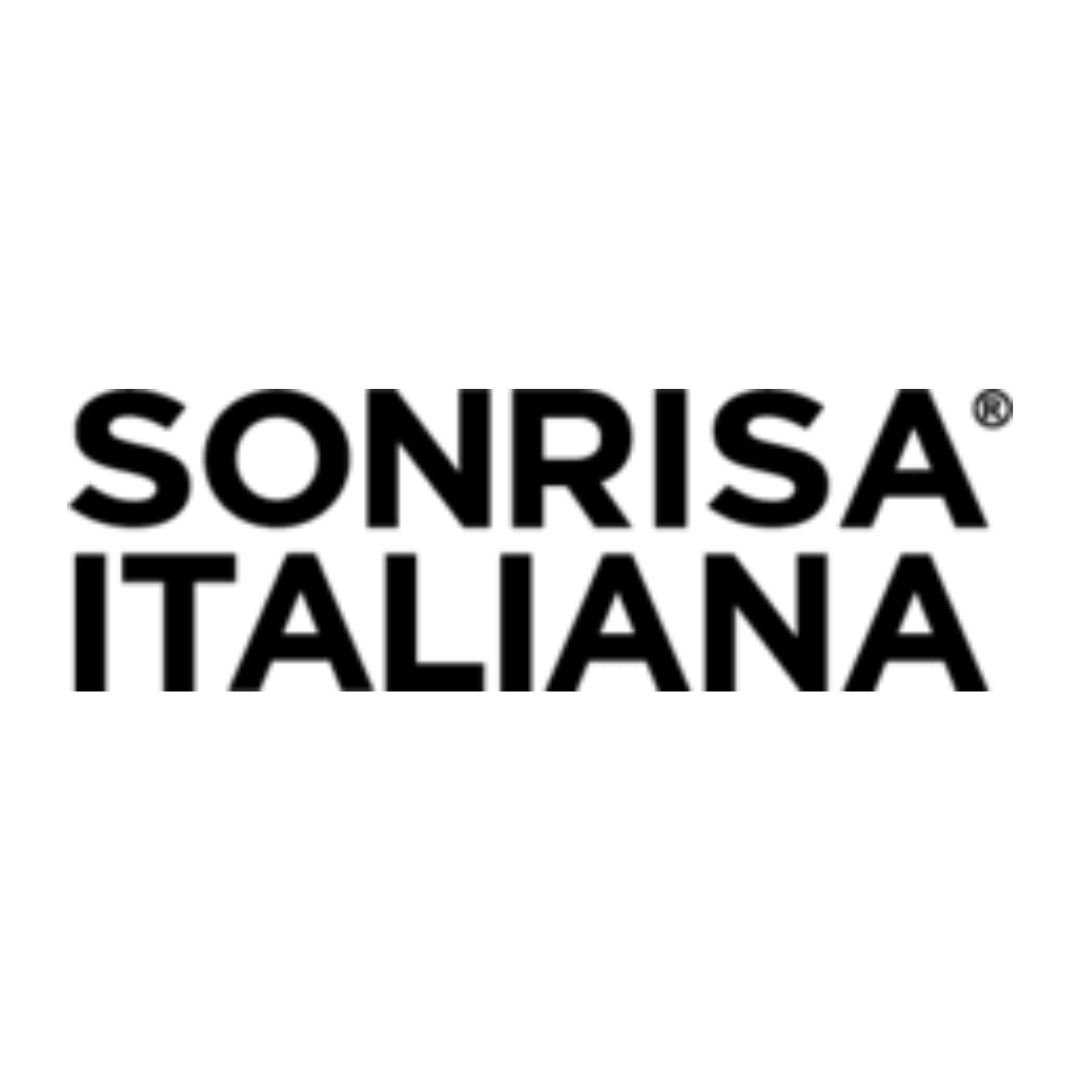


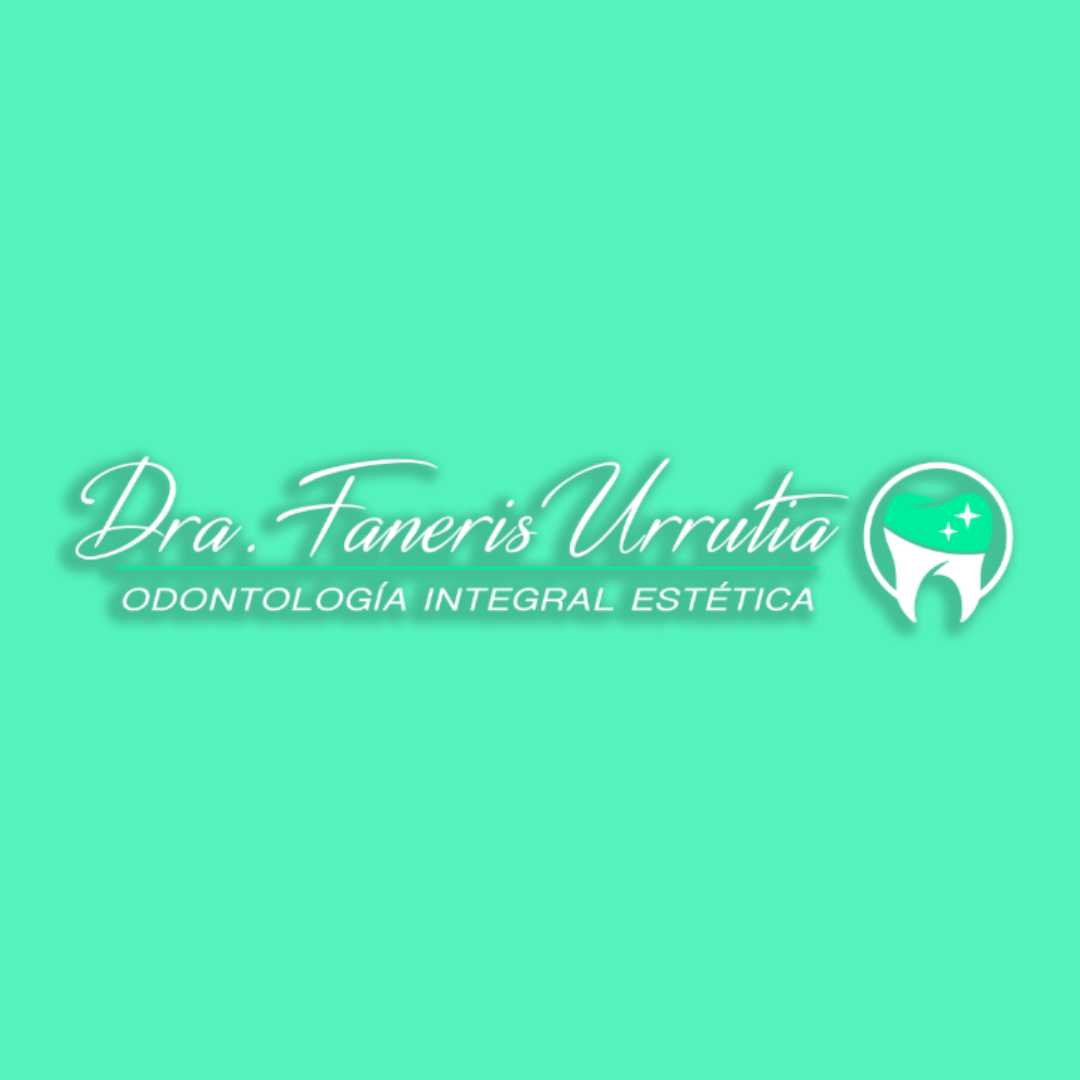
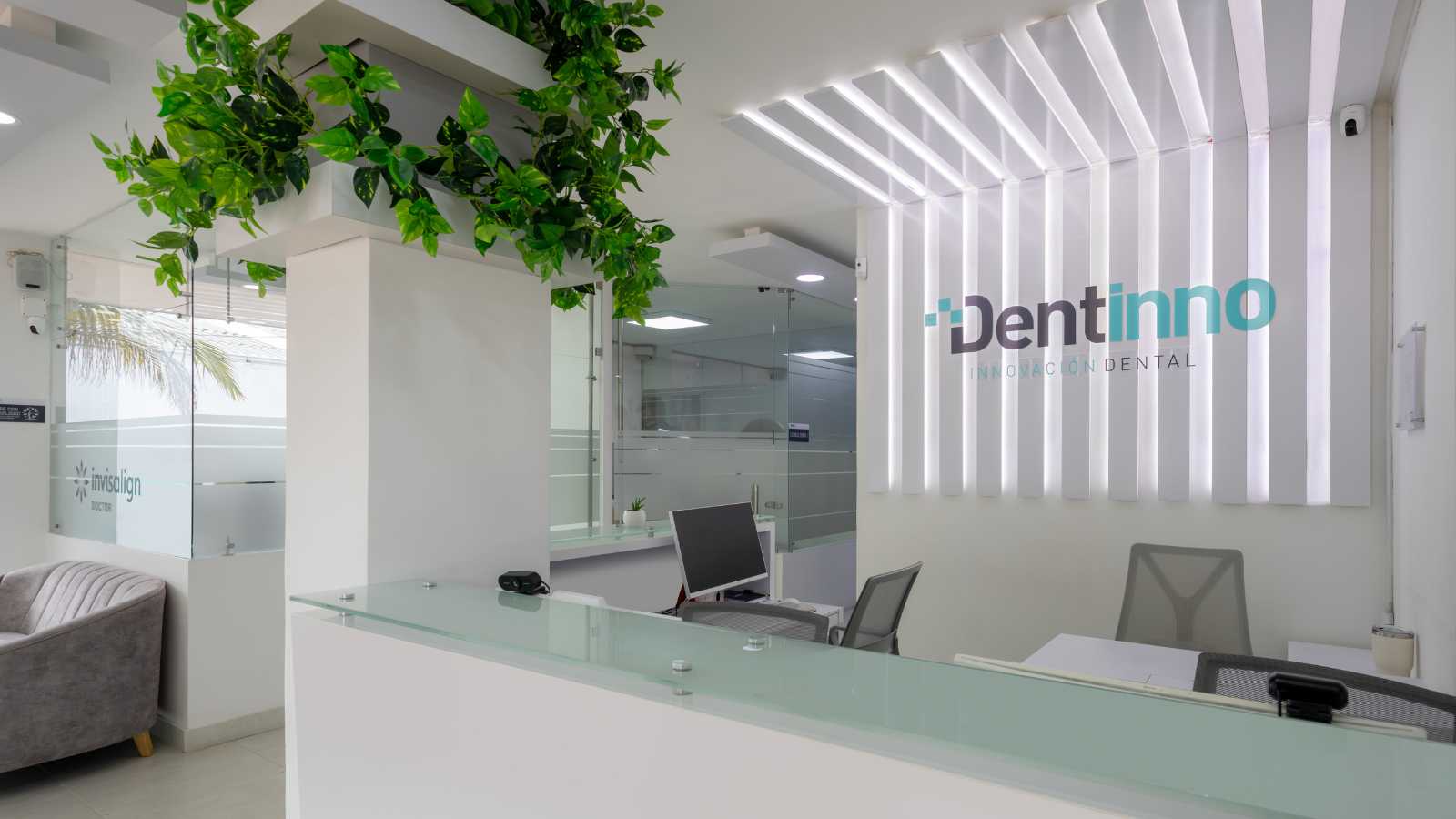

Share this listing